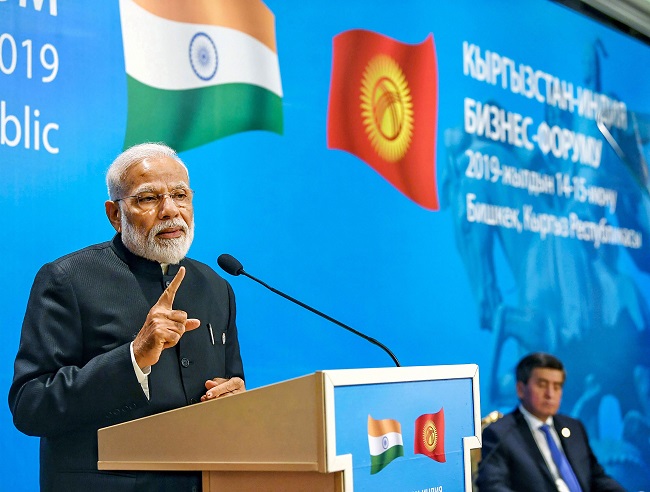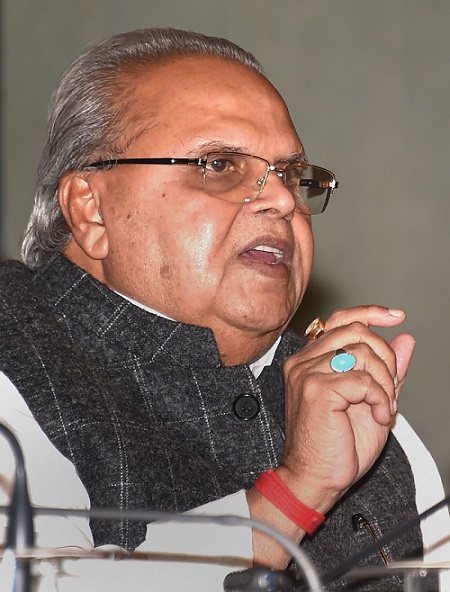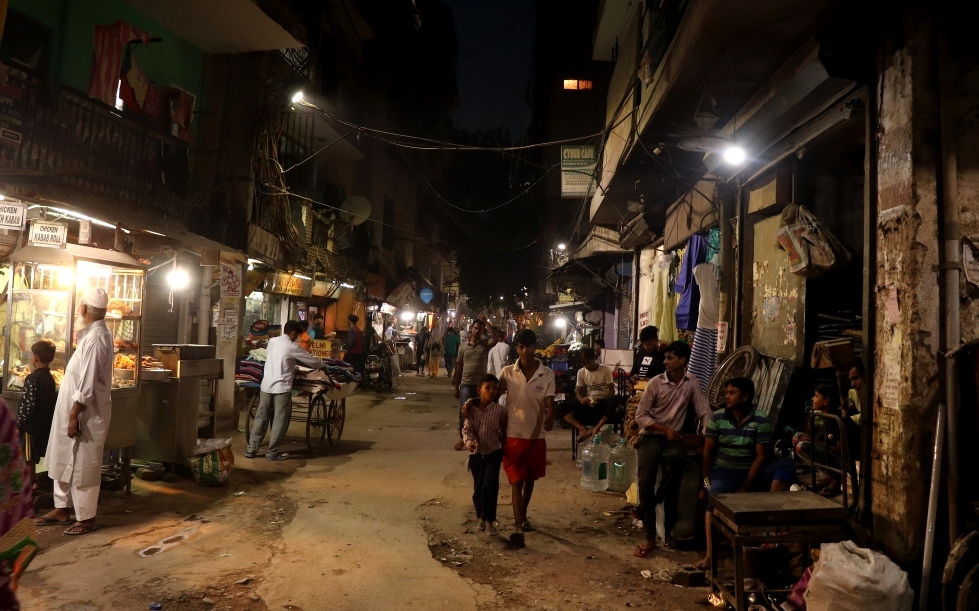Faisal Saeed Al Mutar is the founder of Ideas Beyond Borders and Bayt Al-Hikma 2.0, Global Secular Humanist Movement. He is an Iraqi refugee, satirist, and human rights activist. He is also a columnist for Free Inquiry. Here, we continue to talk about the recent work.
Scott Douglas Jacobsen: What is new? What is new within the mission and
mandate of Ideas Beyond Borders?
Faisal Saeed Al Mutar: There are many
things. I want to focus on a few. We have assembled a team of editors and
translators to make many of the articles that were not available to be
available on Wikipedia.
Only a small portion of the articles are available in Arabic, for
a language spoken by more than 400 million people. We have successfully
moved the Arabic language to the 16th. There is a lot of work to be done.
But I am confident in the team that is constantly growing. We have
translated roughly one million words in less than 6 months. We have a team from
all over the region who constantly are trying to fill in the missing elements
or information.
That the closed societies try to deal with. We have secured a
partnership with Wikimedia Levant. Wikimedia is the mother of Wikipedia and
other projects. In partnerships with other wikis, we are able to issue
certificates, so that they can advance in their own career.
That element of empowerment that we deal with. On other subjects, on the
books, we have translated roughly 10 so far. We are acquiring more and more to
be released in our digital library. It is designed by the company of WordPress
itself, which has generously featured us in their campaign for doing anything.
For people interested, they have listed IBB as one of their success
stories. They have designed our website. They are also designing our library
website, which is Bayt al-Hikma 2.0. It will be where there will be most of the
content in terms of books.
People can also go to IBB Wikipedia to see the list of articles
translated and are translating. It is constantly growing. We are tapping it, to
start new programs and features and more stories of some of the heroes – I
would say.
Those who are on the day-to-day basis fighting extremism, not
necessarily with a gun. They are sharing a positive counternarrative that is
enlightening and counter to the way the extremists tell us how the world is
going badly – and the only way to change it is via extremist ideology.
It is why we are glad to have Stephen Pinker in the Advisory Board, who
is about the counternarrative. It is Enlightenment values and a positive
outlook. That the world is getting much better than the extremists show.
2018 was a tremendous year. It was a year of foundation, of trying to
figure out who is who, building relationships, building partnerships, and so
on. I see 2019 as the year of growth and constantly trying to expand our team,
expand our network, expand our impact.
Our page grows roughly 1,000 likes a day. We have multiple social media
managers working all across the region. Today, I got the statistics. We have
roughly 5,000 likes from Iraq, 10,000 from Algeria, 7,000 from Egypt. We have
an impact all across the world.
That impact is constantly increasing. I am pretty happy. This year is
going to be the year of creating more content. As we also continue to do more
on the ground, we have campus programs from last year expanding from the east
coast to the west coast.
We are partnering in the creation of workshops. Those are trying to
fight extremism through culture, through arts, through positive ideas. Stephen
Pinker on the AB said that ideas can change the world.
Extremism is an idea. It can change the world. We are trying to counter
the narrative with a positive image. I am pretty excited about what is coming.
Jacobsen: If we are looking at the global threat of extremism and
terrorism, according to the 2016 UN Arab Human Development Report within the
IBB Annual Report 2018, what does this indicate about the Middle East-North
Africa region and work IBB does in terms of education and other means?
Al Mutar: The development report is an important element. It
is why we mentioned it in the report. For a region that is very small, it is a
source of constant conflicts. It has produced a lot of attacks and a lot of
refugees.
On The Rubin Report, I said, “The Middle East is
like Las Vegas, but happens in the Middle East doesn’t say in the Middle
East.”
Jacobsen: [Laughing].
Al Mutar: What helped as a pre-requisite, it is the language.
It is helpful. We are developing these educational projects because many of the
wars launched against the region have been dealing with the iceberg.
Some have been dealing, even with the region defeat of ISIS, with a lot.
I definitely celebrate the defeat. But the environment that permits groups like
ISIS to exist is still there. The issue of extremism is multilayered, so is the
issue of extremism.
It is multilayered, so is the issue of terrorism. The ideological and
ideas element is important. That is why I think we can have the most impact by
making the ideas of the Enlightenment accessible in that region.
Russia has its narrative in the Arab world. The extremists have their
narrative in the Arab world. There is no institutionalized narrative of
Enlightenment in the Arab world. I think that is what IBB can do. That is what
we have been successful in doing over the past year.
I think we will continue to do that.
Jacobsen: In terms of the Universal Declaration of Human Rights,
Article 19 speaks to freedom of expression, which is more general than freedom
of speech – especially in an international context.
How does arguing for freedom of expression as one of the most important
rights stop the spread of extremism?
Al Mutar: That is a very good question. There is a
distinction, in my mind, between conversation and violence. When conversation
stops, violence, in general, is the only outlet that people use to justify the
spread of their ideas and ideals.
If you look at many of the countries with censorship across the Middle
East, you will see this in many extremist groups. Because when you censor or
kill anybody who disagrees with you, as many of these dictatorships do,
extremists and the people who do not care about life.
They will the only people to show disagreement and most often violently.
We take freedom of speech for granted in the Western world. Even though, it is
being challenged here. We always have to remember that the element of freedom
of expression and combatting censorship in that part of the world.
It is an extreme element of combatting extremism. When people find a way
to express themselves through outlets and newspapers, there can always be
differences of opinion. I do not think people go to violence as the first
route.
I often think violence is the last resort. I think most issues can be
resolved through conversation. It might be heated. It could be the dislike
between people with different opinions. But I think the resort to violence will
be much less if we allow all the other options for democratic participation.
People with the right to freedom of assembly, freedom of religion, freedom
of thought. I was, recently, in a conversation with a representative from a
Syrian group in Iraq. He was telling me for ages. Many of their Syrians have
existed peacefully in Iraq. But many of them, because of the conflict, are
picking up arms to defend themselves.
When there was a peaceful situation in which people were considered
citizens and then there were no attacks against them, one of the oldest groups
in Iraq have existed in peace and never resorted to violence.
Now, they are doing it, forming militias. When there is a conversation,
when human rights are respected, when civil societies can participate and
protect rights and advocate for these rights, then, definitely, something
positive can happen here. It is a counter to extremism.
Jacobsen: What would be the biggest thing IBB can do, and other
individuals and groups can support IBB in doing, in 2019 to further the
advancement of the Article 19 right to freedom of expectation from the Universal
Declaration of Human Rights in addition to the empowerment of
individuals on the ground in the Middle East-North Africa region who may not
have access to rights and the information that people, such as ourselves,
simply have as a privilege?
Al Mutar: One of the main things that we’re incorporating as
part of our growth is building a global network. Building a global network has
a lot of positives in which a lot of other people try to help other people
achieve their goals, as I say, one of the main elements of IBB is the
institutionalization and building the network.
There are many missing elements in the ideas world. There are many
individuals working by themselves. They are not getting enough advice. Having
one institution, it is allowing things to grow. As you can see, our AB is
constantly growing.
This is in addition to the ambassadors and employees. All of these
people, they work together. Everybody can play a major role, whether they can
donate their skills within the getting involved section of our website or in
donating money.
I think building the network is what makes IBB helpful. It is what has
been missing in most of these networks. There have never been any successful
attempts to bring a network together. I think IBB is doing this already.
I think it will do this successful more and more. I have seen more and
more people from the region getting involved.
Jacobsen: If we look at individuals such as Malala Yousafzai, and other
human rights activists, what is the importance of women coming forward and
adding their voices and being given platforms to add their voices to this
progressive work, human rights activism, and advancement of freedom of
expression in the Middle East-North Africa region?
Al Mutar: Very good question, I think it is important. There
is an Arab proverb that comes from poetry. If we empower women, then we empower
the next generation. Women are also not just mothers. But they are also
teachers, doctors, and all of that.
If you look at one of the main things that extremists have been trying
to express across the Middle East, they are the number one victim of extremism.
One of the major conversations happening right now in Afghanistan is what would
a Taliban return to Afghanistan look like.
Many people who have been writing articles and advocating the Taliban is
women. Because they would be denied human rights by these terrorist
organizations. Malala being one from the region. There are also many others
across not just the Arab world but the Muslim world, even the whole world. It
is to be involved, as a message, and organized.
I think IBB is definitely playing a role in that. Also, in terms of
getting more people to know about these ideas, there are several issues in the
region, because of the existence of patriarchy in the Muslim world. Males have
to be educated.
Within our translation project, it counters some of these elements
within societies. It is exposing many people across the region to the idea of
women’s rights, human rights, and civil rights, too. We have done multiple
campaigns about that.
These societies will start to become more open. Women, hopefully, will
be beneficiaries of it. I think it is their fight as much as our fight as well.
That struggle is the struggle against extremism.
Jacobsen: Thank you for the opportunity and your time, Faisal.
Al Mutar: Thank you, Scott!
Image Credit: Faisal Saeed Al Mutar.















